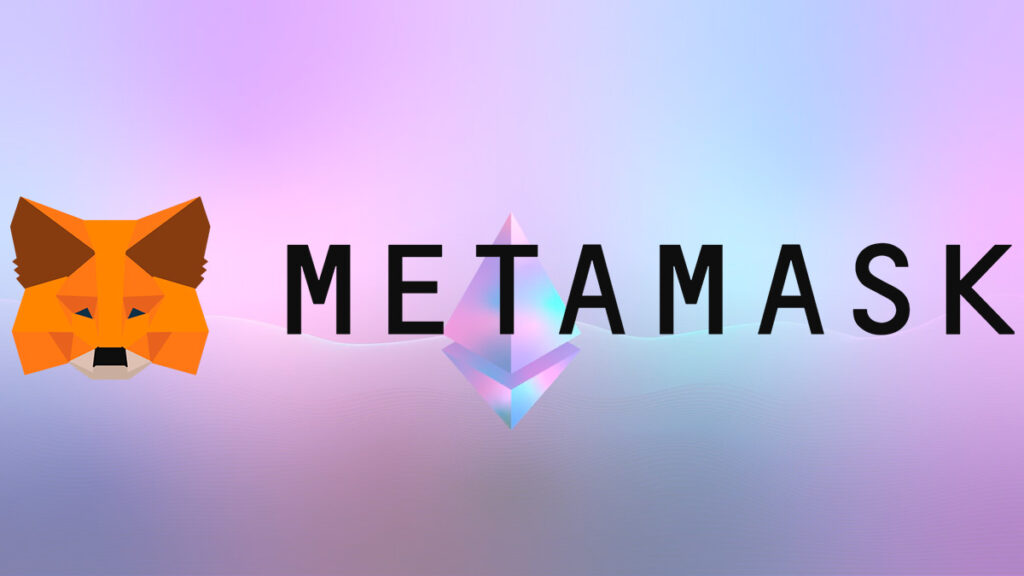MetaMask, the leading crypto wallet provider, has launched a new staking service. This service allows Ethereum users to operate their validator nodes, marking a significant shift in the staking landscape. Starting January 18, validator staking was launched via MetaMask Portfolio by MetaMask.
Introducing Validator Staking on MetaMask Portfolio.🦊
With a 32 ETH deposit, we run your very own validator node where you're always in control.
No pooling. No hardware. Just rewards.✔️
🔗 https://t.co/rmCtgs86WO pic.twitter.com/R8VRttP2XX
— MetaMask 🦊🫰 (@MetaMask) January 18, 2024
In this setup, the task of operating the validator node is undertaken by MetaMask for users who deposit 32 Ether. This method eradicates the necessity for hardware investment associated with running a personal Ethereum node and mitigates the risk of incurring slashing penalties during periods of internet downtime.
The newly introduced service might attract novices or those who prefer decentralization, as employing MetaMask for staking could alleviate worries about centralization linked with prominent liquid staking providers such as Lido. Supervised by Consensys, the service has functioned for over two years without experiencing any slashing penalties, even though it manages over $2 billion worth of ETH across 33,000 validators.
The Impact of MetaMask’s Commission Fee on Users

Nonetheless, staking through MetaMask has a disadvantage – the platform levies a 10% fee on validator rewards. The earnings from staking via MetaMask, after subtracting its charges, are comparable to the 3.4% provided by Lido. Lido distinguishes itself as the foremost liquid staking platform in the sector, with 9.3 million ETH, equivalent to $22.9 billion, presently staked.
Founder of the crypto portfolio tracker Rotkiapp, Lefteris Karapetsas, shared his views on the service. He acknowledged the novelty of the idea but pointed out that the 10% fee could deter users who take the time to compare it with other options available in the market.
This development is a significant step towards the democratization of the Ethereum network. By enabling individual users to run their validator nodes, MetaMask contributes to the network’s decentralization. However, the 10% commission fee is a point of contention and may deter some users.
In conclusion, while MetaMask’s new staking service is a revolutionary step towards decentralization, the cost associated with it may be a deterrent for some. It remains to be seen how the Ethereum community will respond to this new service and whether the benefits of running a personal validator node outweigh the costs.










